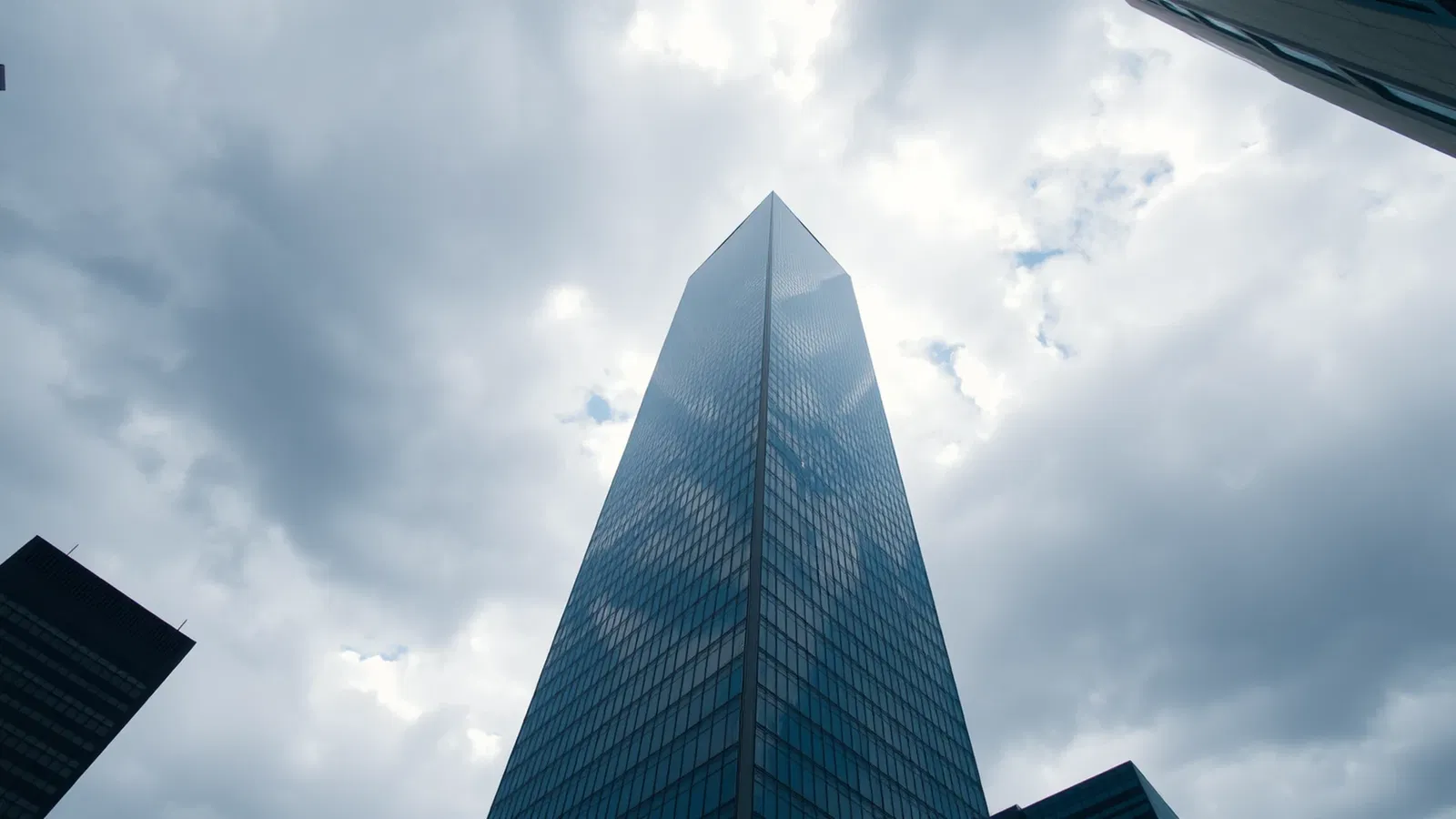iRobot Corporation, the pioneering force behind the Roomba robotic vacuum, has issued a stark warning about its financial viability. The company stated this week that without an immediate capital infusion, it faces either bankruptcy or a complete cessation of operations. This dire prognosis sent its shares on a volatile ride, ultimately closing Wednesday at $1.65—a price that reflects deep market anxiety ahead of a decisive December 1st, 2025, deadline.
A Rapid Descent into Crisis
The company’s financial foundation has crumbled with alarming speed, transforming a prolonged downturn into an immediate existential threat. iRobot is rapidly depleting its cash reserves and has nearly exhausted its strategic alternatives. The precipitating event is the expiration of a forbearance agreement on a $200 million loan provided by the Carlyle Group, set for Monday, December 1st. Should the company fail to secure either a loan extension or new funding, it will confront technical insolvency.
Compounding the bleak outlook, a potential white-knight investor withdrew from acquisition talks in October. The suitor reportedly rejected a substantially reduced purchase price, deeming it “significantly too high” in light of iRobot’s deteriorating balance sheet.
Despite the grim news, the stock exhibited significant volatility and ended the trading day with a gain of 7.84 percent. This movement is likely attributable to speculative trading or short covering, yet it does little to offset the stock’s brutal year-to-date performance, which shows a loss of approximately 65 percent.
The Unraveling of a Market Pioneer
iRobot’s current predicament marks the culmination of a multi-year decline that accelerated dramatically after the collapse of its acquisition by Amazon. Blocked by regulators in 2024, the $1.4 billion deal was pulled away, stripping iRobot of its crucial lifeline and leaving it exposed to fierce, unfettered competition.
Should investors sell immediately? Or is it worth buying iRobot?
During this period, Chinese rival Roborock has surpassed iRobot to become the world’s largest manufacturer of robotic vacuum cleaners. The disparity in operational efficiency between the two companies is stark:
- Roborock: Maintains a rapid 6-month product development cycle.
- iRobot: Requires an average of 2 years to bring a new product to market.
This competitive disadvantage allows rivals to flood the market with more advanced technology, doing so both faster and at a lower cost than the Roomba maker can manage.
In a twist of fate, as iRobot’s finances collapse, its brand loyalty remains its last valuable asset. Just this week, the Roomba was awarded a “Readers’ Choice” honor by prominent technology magazines.
A Week of Reckoning
The coming days will determine the fate of iRobot’s shareholders. The company has been unequivocal: without a financial rescue or a strategic transaction, filing for bankruptcy is the only path forward.
- Best-Case Scenario: A last-minute extension of the loan forbearance or an emergency financing round, which would almost certainly involve massive dilution for existing shareholders.
- Worst-Case Scenario: A Chapter 11 bankruptcy filing as early as next week, an event that typically results in a total loss for common equity holders.
Given the recent withdrawal of the last serious buyer and the intense pressure from competitors, an independent recovery appears virtually unattainable. The stock now trades as a high-risk option on the company’s mere survival.
Ad
iRobot Stock: Buy or Sell?! New iRobot Analysis from February 7 delivers the answer:
The latest iRobot figures speak for themselves: Urgent action needed for iRobot investors. Is it worth buying or should you sell? Find out what to do now in the current free analysis from February 7.
iRobot: Buy or sell? Read more here...












